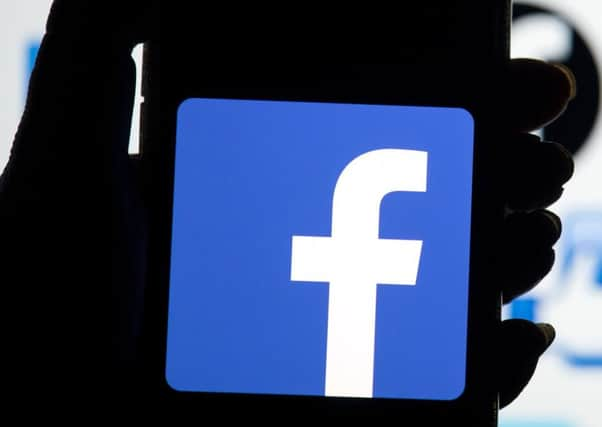Is Facebook’s Libre cryptocurrency really such a good idea?


Libre, which Facebook describes as “a new kind of blockchain currency”, will allow users to send money to each other even if they do not, or cannot, have a regular bank account.
The circumstances in which it might be wise to do so have yet to be explained.
Advertisement
Hide AdAdvertisement
Hide AdSome 28 firms, including Spotify and Uber, are said to have invested in Libre, which will launch in the first half of next year – by which time Facebook hopes that around 100 backers will have jumped on the bandwagon.
Whether it will be a wagon with all four wheels remains to be seen.
The first warning sign is contained in the description, “blockchain currency”, which is also what the mysterious system known as Bitcoin purports to be. It means that transactions are stored in blocks of information across a vast network of computers, rather than by banks. Once a transaction is recorded on a blockchain, it cannot be changed.
No single organisation controls the blockchain, which makes it theoretically more democratic and accessible – especially to money launderers, to whom Bitcoin has become a currency of choice.
Advertisement
Hide AdAdvertisement
Hide AdFacebook says Libre will work differently, but given the company’s record of exposing its users’ data to third parties, and generally propagating information of dubious provenance, it will have to put its virtual money where its mouth is before its claims can be taken at face value.
The second warning sign hanging over Libra is the reaction of the real-world banking community. “General cautious support” is the best spin Facebook has been able to put on it.
Libre will be accumulated and spent using a “digital wallet” which Facebook will call Calibra and make available via WhatsApp and its own messenger service. Users will thus be able to send money to each other “at low to no cost” initially, it says.
Given that many of Facebook’s messenger users are too young to have bank accounts, the safety risks inherent in this are many and obvious. It will be easier than ever to send money to that Nigerian prince who keeps sending you emails, but at least you can be hoodwinked at little or no extra cost to you.
Advertisement
Hide AdAdvertisement
Hide AdEventually, Facebook intends to open its wallet to third parties, for paying bills, shopping and perhaps using taxis, although you can already do most of that with PayPal. And vendors such as those will of course insist on seeing real money at the end of the transaction, preferably delivered to them from a real bank account.
Libre does have some recognisable names linked to it, including Mastercard, Visa and the Vodafone group, which says the currency “has the potential to be truly transformative and will benefit those who have never used, or are struggling to access, financial services”.
This was pretty much the ethos behind the subprime mortgage market a decade ago, in which loans were placed in the hands of those who could not afford the repayments. It led directly to the collapse of financial markets worldwide.
But that was a conventional system compared to the potential financial anarchy of Libre. At least you had to fill in a form.
Next year, financial propriety will instead be devolved to the same set of algorithms that sends you friend suggestions and fake news. What could possibly go wrong?